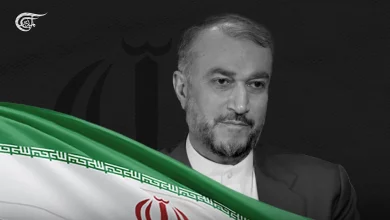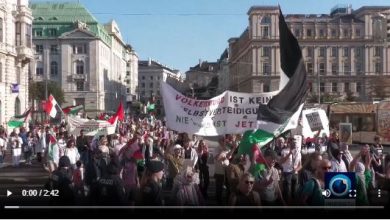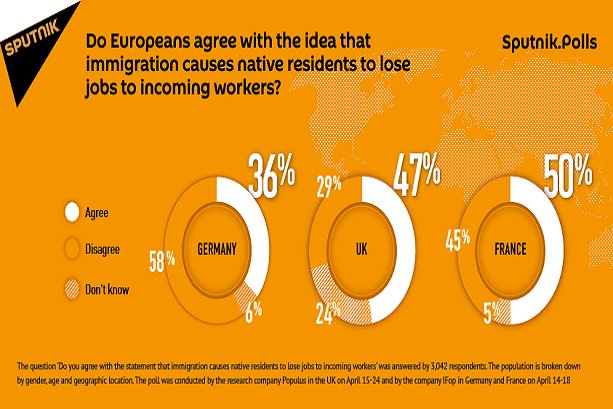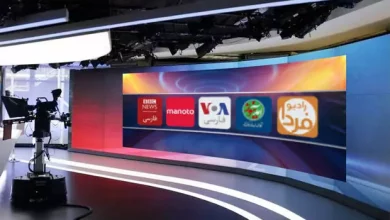Pro-Palestine campus movement in US signifies end of Zionist hegemony
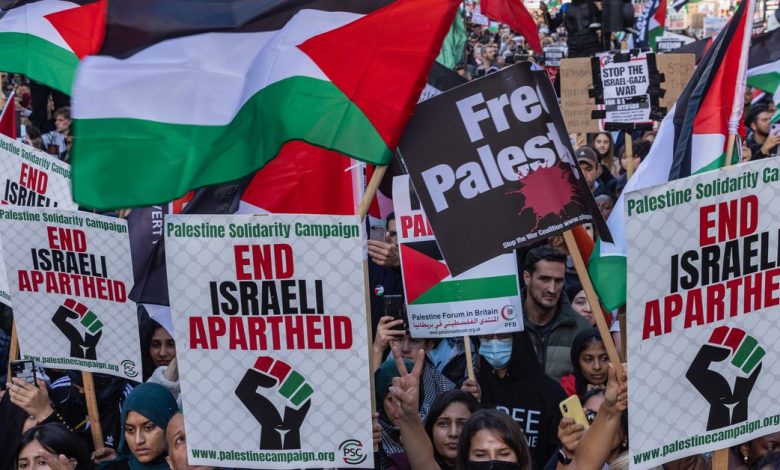
The simmering protests at various American universities in solidarity with Palestine demonstrate that the bipartisan support that Israeli apartheid has received from successive US governments and politicians is no longer unanimous among broad sectors of society, particularly among the youth.
According to a survey conducted by the Harvard University Institute of Politics, young people aged 18 to 29 in the United States consider Israel’s genocidal war on Gaza after October 7 unjustifiable.
Forty-four percent of young Democrats and 30 percent of young independents emphasize the injustice and unacceptability of Israel’s military actions, while only 14 percent of Democrats and 19 percent of independents believe the regime’s actions are justifiable.
Furthermore, while the majority of young Americans express solidarity with the Palestinian people, only 18 percent of young people find the Joe Biden administration’s position on Gaza satisfactory.
The loss of support for the pro-Zionist discourse in the country is having significant consequences on university campuses as has been evident in recent weeks, from Columbia to Yale to Brown.
University authorities are conducting an asymmetrical legal campaign against students demanding an end to their universities’ complicity in the Israeli genocidal campaign in Gaza.
Since October last year, universities across the US have suspended student groups, restricted academic freedom of expression and called the police to suppress peaceful protests at numerous universities across the country.
At the same time, pro-Zionism forces have used the term “antisemitic” to try to discredit these immensely popular protests sweeping the West.
Israeli Prime Minister Benjamin Netanyahu, in a recent public appearance, described the protests at American universities as “horrible” and claimed that “antisemitic crowds have taken control of the major universities.”
Mark Dubowitz, director of the pro-Zionist lobby Foundation for Defense of Democracies, linked these protesters to Hamas and insinuated that they were acting as “Iranian proxies.”
The strategy of accusing those who oppose Zionism of antisemitism is not new.
As early as 1880, leaders of the Zionist movement in Palestine labeled Palestinians who fought against the colonization of their land as antisemites. They argued that Palestinian opposition to Zionism was not based on the colonization of Palestine by the movement or the expropriation of land from Palestinian peasants, but rather on “antisemitism.”
In 1920, Zionist settlers in Palestine accused Palestinians resisting colonization of carrying out an antisemitic “pogrom” against their Jewish colonizers.
As Joseph Massad, a professor of Arab history, points out, at that time the Zionists insisted that their ideology was the true and only expression of Judaism and that the two could not be separated.
Subsequently, the Zionists adopted this appropriation as a historical fact rather than recognizing it as an innovation.
The Zionists insist that the transformation of Palestine into “Zion” is something that all Jews share and have shared throughout the centuries.
When the United Nations General Assembly declared in 1975 that “Zionism is racism” and compared it to other white European settler colonialisms in Rhodesia, Namibia, and South Africa, the Zionists and their allies argued that the opposite was true: the UN resolution and all forms of anti-Zionism are antisemitic.
In recent years, with the growing success of the Boycott, Divestment, and Sanctions (BDS) movement, Israeli and pro-Israeli voices have expressed significant concern about the alleged “antisemitic” motives behind all movements opposing Israeli settler colonialism, racism and military occupation.
On the other hand, it’s also important to mention the images of police actions at various universities, reflecting what is known as the militarization of everyday life.
In the American context, police militarization refers to the process by which law enforcement agencies have increased their arsenal of weapons and equipment, adopting tactics and practices that employ military-style responses even for routine policing activities.
Critics of this process have suggested that equipping the police with military gear sends the message that they are at war. This implies the existence of an “enemy.”
In cities and increasingly in suburban and rural areas, the enemy is often perceived as those “others” prone to crime, which in most cases has a racial dimension.
However, as demonstrated by police attitudes at several universities, authorities can turn students into enemies simply for questioning the legitimacy of Zionism and its colonial project in Palestine.
This may indicate that for pro-Zionist authorities, the protests in solidarity with the Palestinian people at numerous Western universities, and throughout the US in particular, represent a crucial moment.
While it is true that the university population is not a precise reflection of public opinion, their activism often serves as an indicator of the future in political terms. This is where the political significance of the encampments established at dozens of universities, from the most prestigious to state universities, lies.
Several analysts consider that student uprisings in the late 1960s and early 1970s not only contributed to but also heralded the failure of the US imperial project in Southeast Asia and its defeat in Vietnam. Similarly, in the 1980s, students occupied several universities in the United States to demand an end to economic collaboration with the South African apartheid regime.
In the current context, protests on university campuses are sending multiple messages. Firstly, they reject Israel’s genocidal campaign against the Palestinian people, and secondly, they reject the complicity of US rulers in that same genocide.
This solidarity movement is succeeding in challenging decades of pro-Zionist propaganda in the United States by presenting Palestinians as human beings.
For decades, pro-Zionist lobbies like AIPAC and the majority of the mainstream media outlets have portrayed Palestinians as “terrorists” motivated by their antisemitism when opposing Israel.
Israel has lost the battle for public opinion, and it knows it. And since for Israel, public opinion is as important as its nuclear arsenal, it’s not surprising that it’s responding hysterically, discrediting, delegitimizing, and demonizing the protesters.
Anyone who criticizes Israel’s genocidal and colonial program is immediately labeled as antisemitic, a sympathizer of Hamas, or a “friend of terrorists,” as was the case with the Spanish Prime Minister, Pedro Sánchez after he condemned Israeli genocidal war on Gaza.
The problem with this strategy is that, after being used to exhaustion, the term “antisemitic” has been devalued to the point of becoming trivial. Most people no longer worry about being accused of antisemitism, and they no longer feel intimidated by the Zionist Inquisition.
